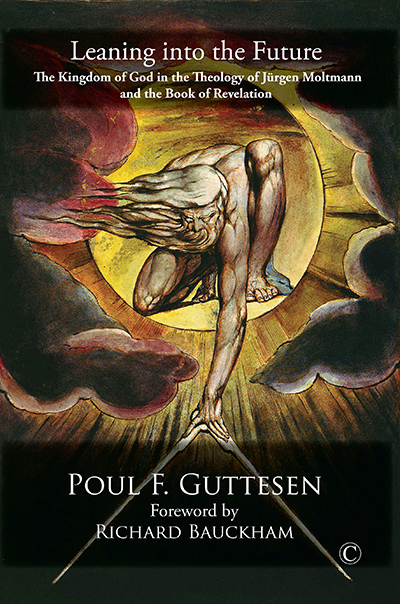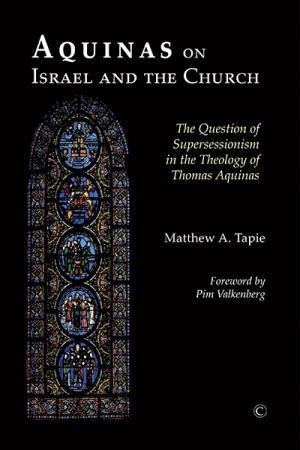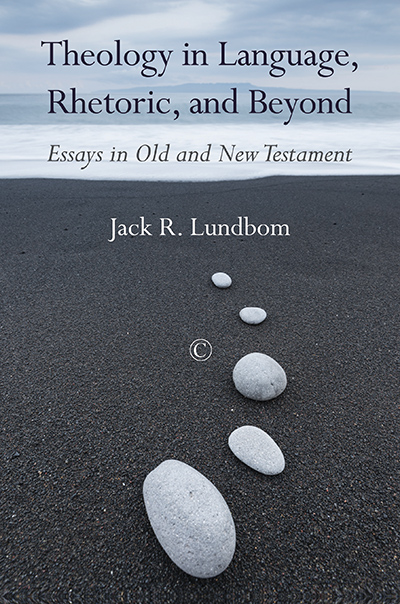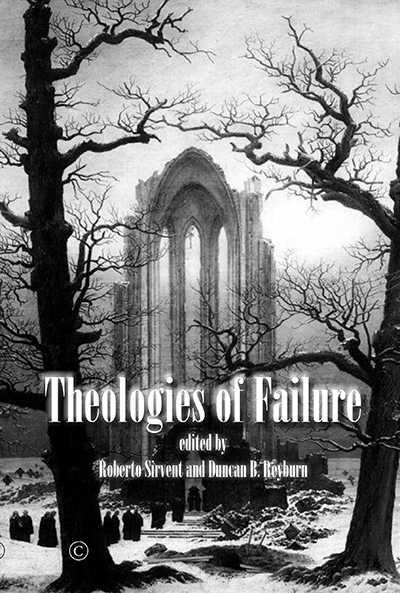Description
Leaning into the Future seeks to explore what it may mean to believe in the ‘Kingship’ of God and to wait for his ‘Kingdom’, by considering the fundamental role the Kingdom of God plays in the theology of Jürgen Moltmann and in the Book of Revelation.
The first part of the book is devoted to how Moltmann understands ‘The Kingdom of God’ as the fundamental symbol of hope for humanity, and how he sees the presence of God’s reign and kingdom in history as hidden and paradoxical. The second part discuss the way in which the Book of Revelation uses royal and other political language in its portrait of the future and God’s presence in history. The later chapters also seek to explore how Moltmann and the Apocalypse may mutually inform each other, how Moltmann may help us read this biblical book today, and how it in turn may overcome some of the weaknesses in Moltmann’s proposal.
This is not an analysis of the significance of the Kingdom of God in contemporary theology as a whole, but a close reading of how it functions in one significant modern theologian and an attentive reading of how Revelation deals with the kind of questions and concerns that Moltmann’s view of the kingdom raises.
There has been a movement on the part of some biblical scholars and some systematic theologians to bring their disciplines back together after a long period of alienation. This is not a matter of dissolving one into the other, but of finding ways in which serious dialogue can bear fruit. Poul Guttesen’s work is an exemplary contribution to this. By engaging Jürgen Moltmann’s theology and the biblical book of Revelation in a mutually illuminating dialogue Guttesen is, of course, hosting such an encounter within the creative theological context of his own engagement with both. He enters with sympathy and perception into both of these visions of the kingdom of God, with their very different theological idioms, and explores both the consonances and the tensions he finds between them.
From the Foreword by Richard Bauckman





